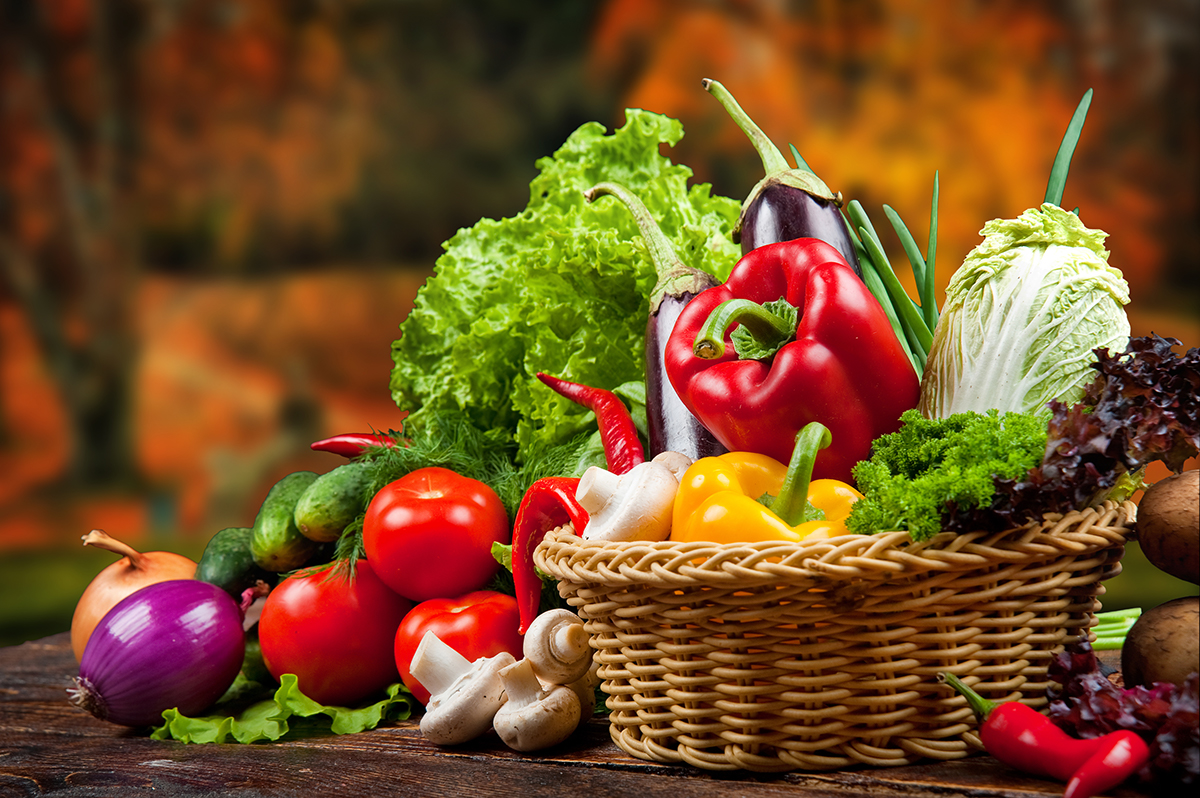As discussed in our last blog, the first step to a healthier you is determining your ideal, healthy body weight and how to calculate it. The next step is changing your eating habits in order to consume the correct balanced nutrients to assist in your weight loss journey. While we have been taught that all vegetables are good for you (when portioned correctly) and should be eaten every day, there are some that benefit our overall health more than others, such as brightly colored vegetables. In addition to making for colorful meals, adding a variety of color on you plate gives you a more complete set of important nutrients, vitamins, and minerals. Below, we have outlined what each bright color of vegetable means, how it benefits you, and what it contains.
- Red Vegetables, such as beets, red onions and tomatoes are good sources of vitamins A and C and assist in heart and eye health and may lower risk of developing cancer.
- Yellow Vegetables, such as corn and yellow summer squash have lutein and zeaxanthin. Lutein and zeaxanthin are both pigments that fight free radicals that can damage your eyes. Yellow bell peppers contain vitamin C, while spaghetti squash contains vitamin A.
- Orange Vegetables, such as carrots, pumpkins and sweet potatoes all contain vitamin A and promote healthy skin as well as boosts the immune system. Sweet potatoes also contain potassium.
- Green Vegetables, such as artichokes are a good source of fiber, while spinach and asparagus contain folate. According to the CDC, folate may help prevent birth defects. Green leafy vegetables usually have high levels of vitamin K.
- White Vegetables, such as cauliflower and mushrooms can provide a great source of both vitamin C and folate. In the case of mushrooms, they can be the only vegetable to contain vitamin D, an important dietary nutrient for one’s immune system, bones, teeth and energy level.
- Purple Vegetables, such as eggplant and purple potatoes are filled with antioxidants that work to improve memory and urinary tract health.
According to the Harvard School of Public Health, the recommended dose for vegetables is 2 ½ cups per day.
Determining a specific diet that is right for you and your individual weight loss goals can be overwhelming. The Laser Institute of Pinehurst offers individual diet plans created by our clinicians, medical staff and health coaches. Each diet is specifically tailored for the patient’s goals in mind. Learn more about the weight loss programs we offer at pinehurstlaser.com/Weight-Loss or call our office at 910-920-9411 today to schedule your complimentary consultation!


